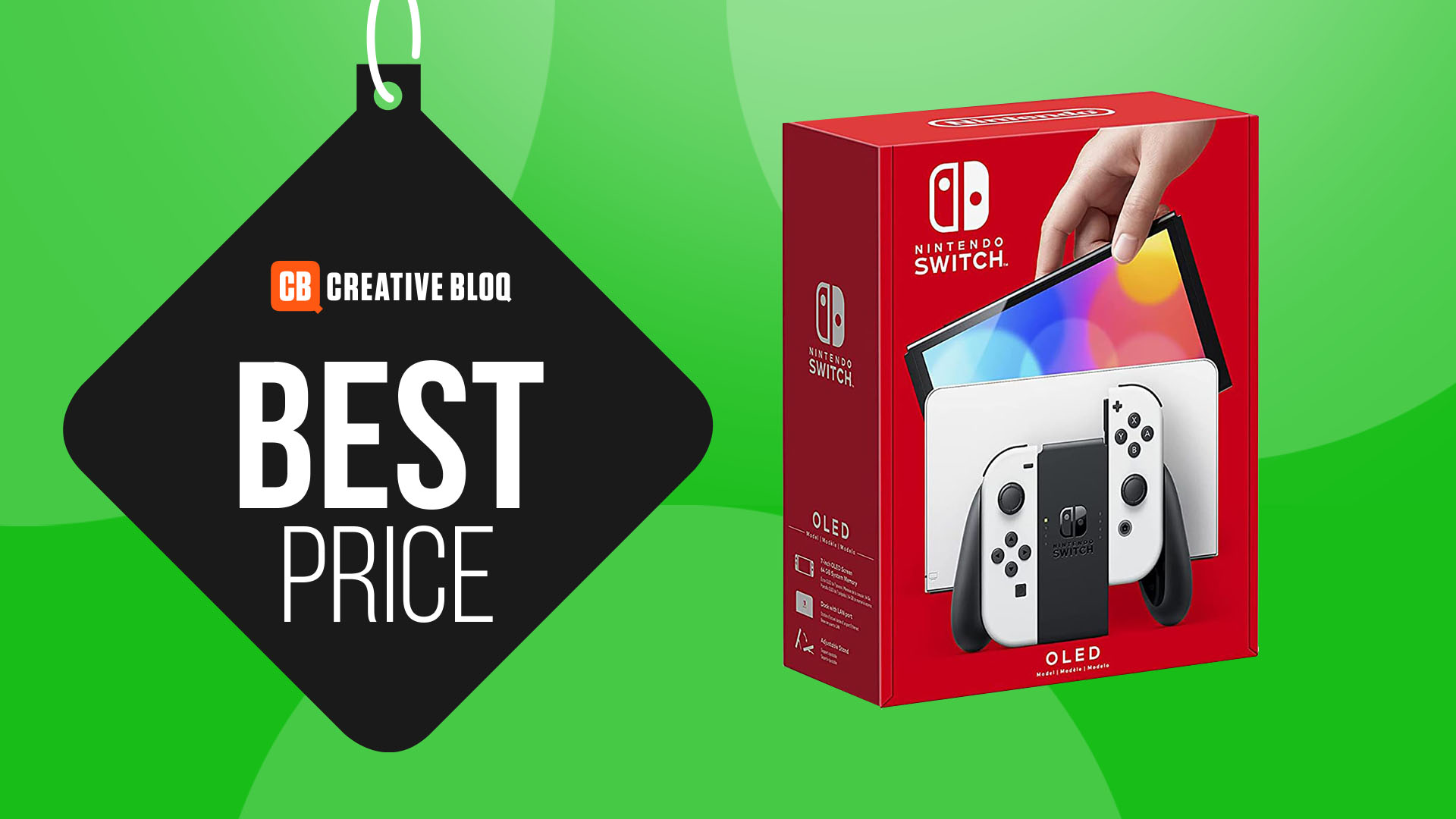6 ways to make your digital designs stand out
Speakers at Bath Digital Festival explore new frontiers in digital creativity.
The digital world is so vast, that sometimes it feels hard to make your voice heard amongst all the noise. To take a look at the next wave of innovation in digital creativity, and examine how designers can create products and experiences that stand out, we hosted an afternoon of talks at Bath Digital Festival, and invited top designers from the South West to speak.
All of the studios represented in the lineup had developed a reputation for crafting engaging projects that stand out from the noise. Here are 6 pieces of advice that will help you do the same...
01. Understand your brand purpose
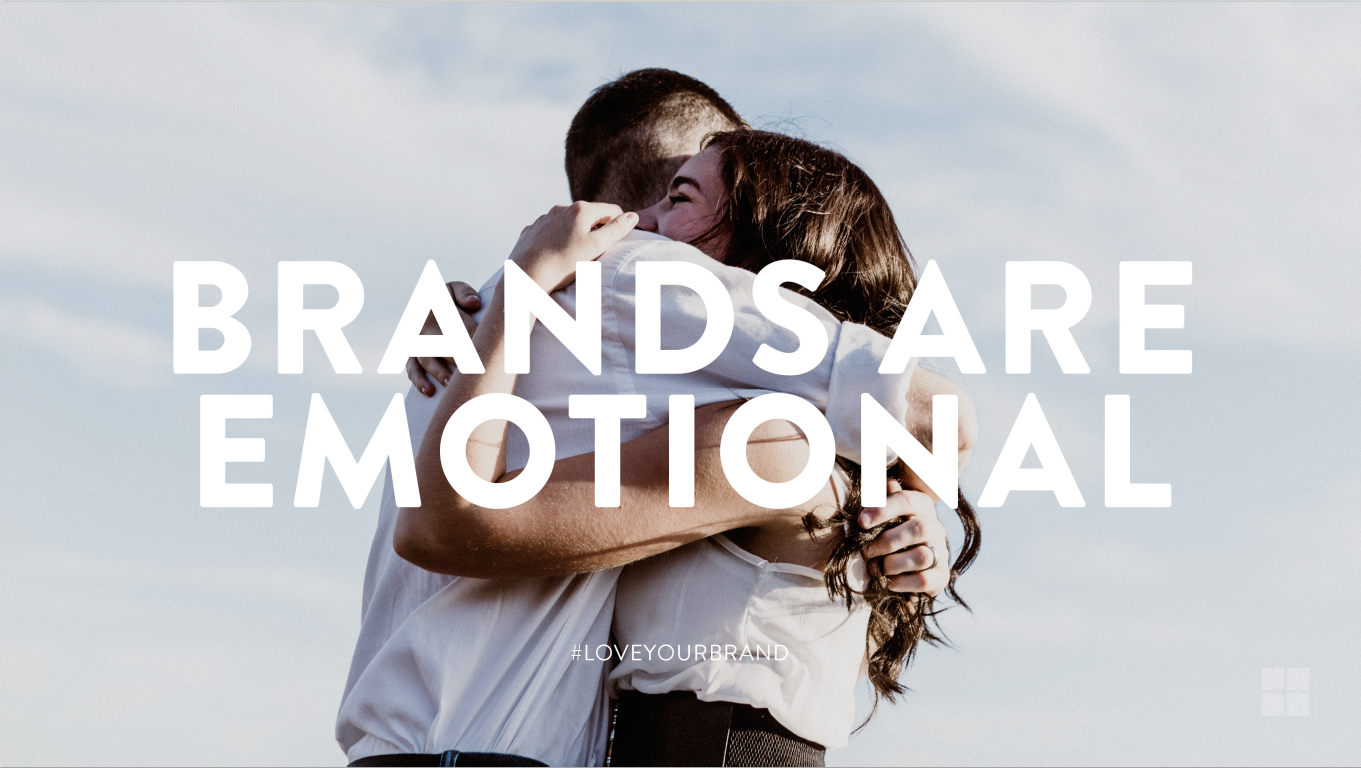
"Brands are entirely emotional," said Nick Ellis of Bristol's Halo, talking about that time in the '80s when Coke relied too heavily on market research, launching a 'new Coke' it was forced to pull just a few months later, despite having hard-earned and expensively gathered data that said it was going to do well.
"Coke forgot who owns its brand," he said. It forgot about the role it plays in people's lives, and it forgot its purpose. "Hear your audience, listen to your instinct," Ellis advised. "Sometimes you have to frame that market research for yourself, and think about the context in which you did the testing."
As a brand, you are trying to get a response from an audience, he continued, we often want to get people to buy stuff. "And to understand that, you need to know what your purpose is in their life."
02. Create the right content
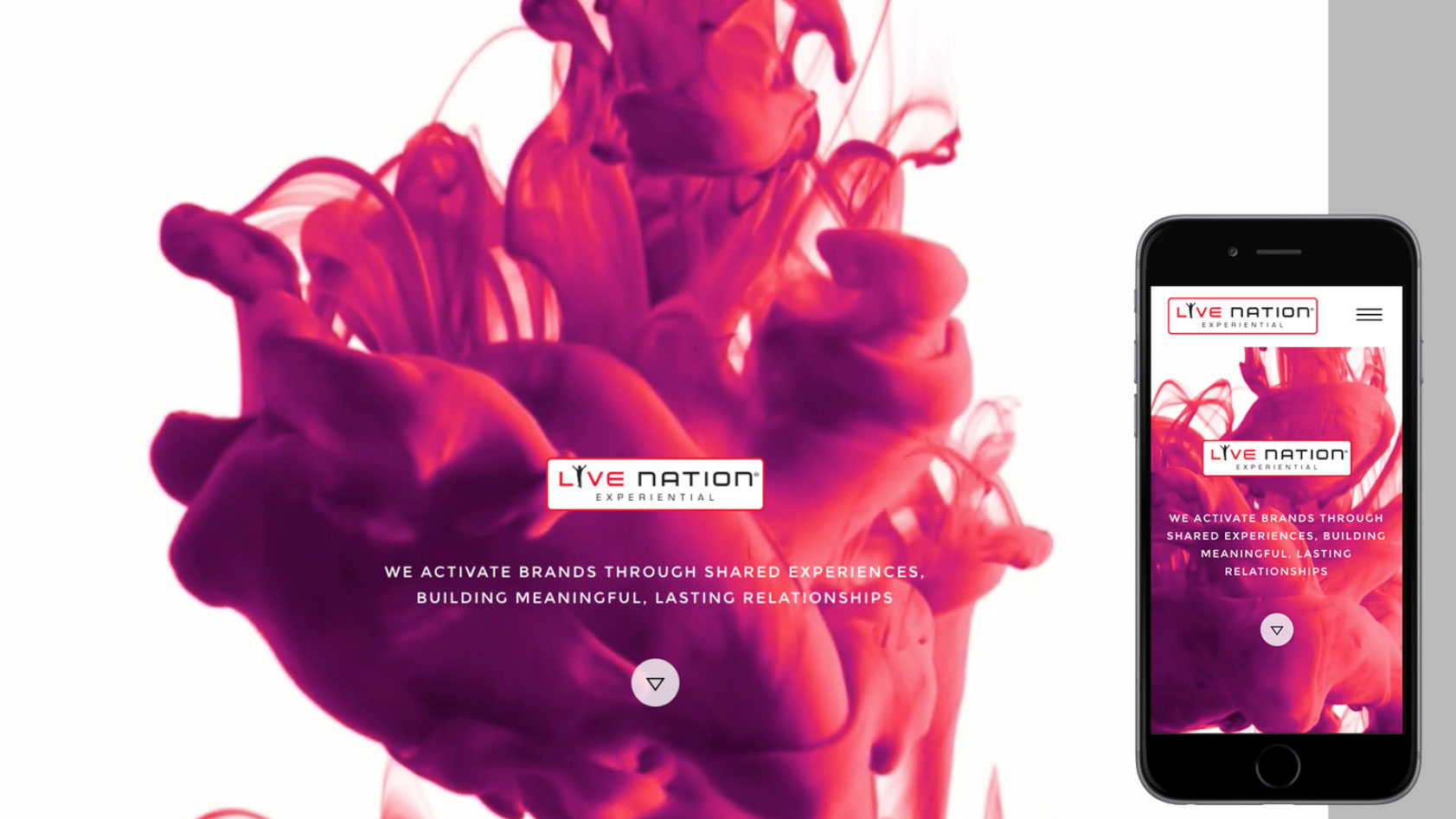
The thing about the digital world is there's an awful lot of noise, or, as Ellis put it: "Blogs are bollocks on the whole, and we have to accept that."
When you're working in content creation, you need to once again consider the role you play in your audience's lives. "The key here is good content, and more importantly, relevant content," he said, giving the example of Live Nation, which used to put out huge amounts of music-related content, even though its core purpose was to sell gig tickets.
Get the Creative Bloq Newsletter
Daily design news, reviews, how-tos and more, as picked by the editors.
"Instinct tells us that the brand should shut up and sell me some tickets," said Ellis. That's precisely what Halo suggested Live Nation do, and it worked.
03. Say yes to lots of different things
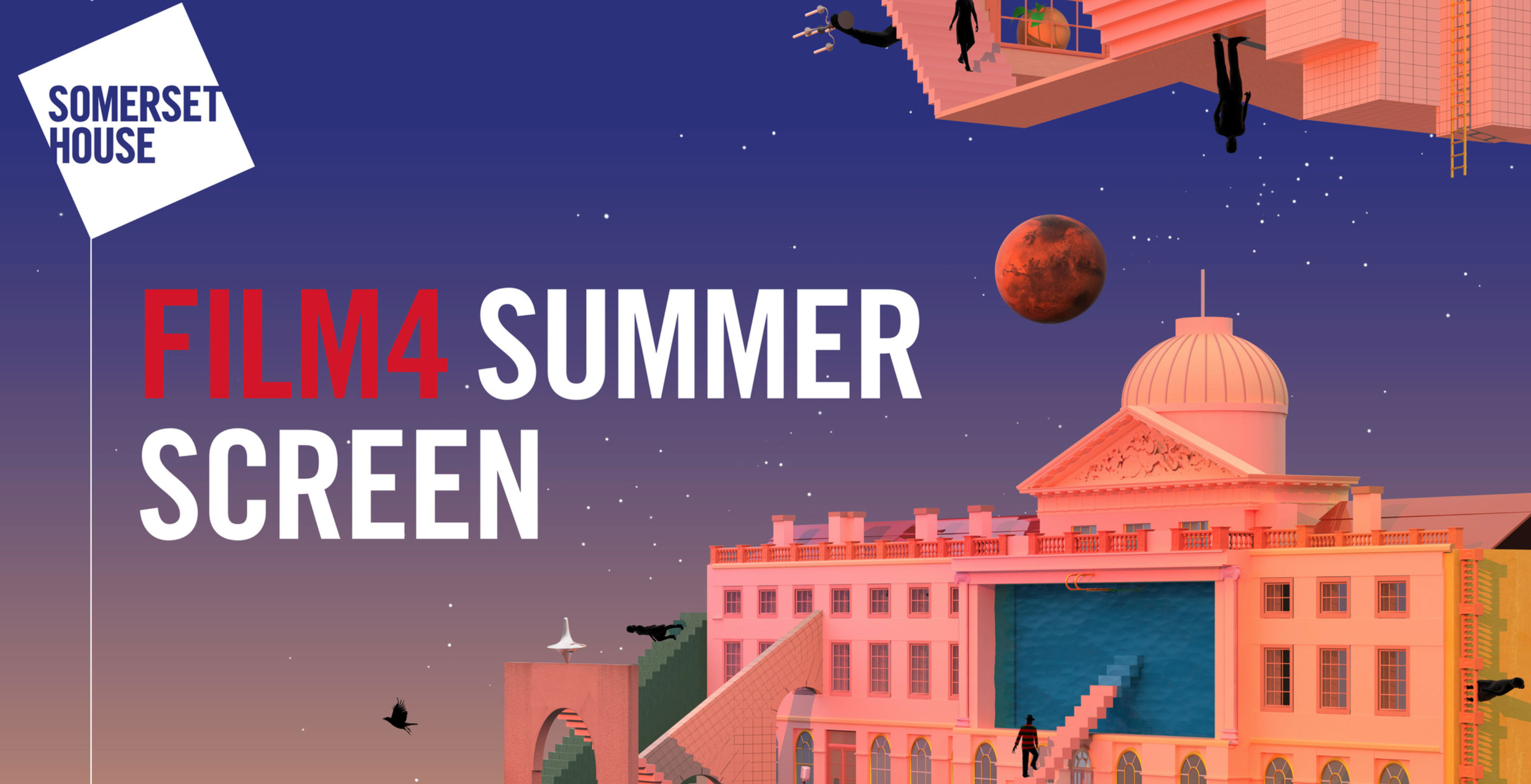
Supple Studio's Jamie Ellul also likes to follow his instincts. And those instincts tell him to say yes, a lot. This led him to co-founding Magpie Studio with two friends back in 2008. "We were completely green," he recalled. "We said yes to lots of things. The ones that we said yes to where we didn't know what we were doing were the best projects we’ve ever done."
Since founding Bath's Supple Studio, Ellul's continued to say yes, and this has led him to work with an array of different businesses. "Ideas are the way you blag things," he said. "And that's why I keep saying yes."
It's also vital to get the right team, he added. "I employ people who are better at something than me. I let them do their thing, and that’s where the magic happens."
04. Invest in passion projects
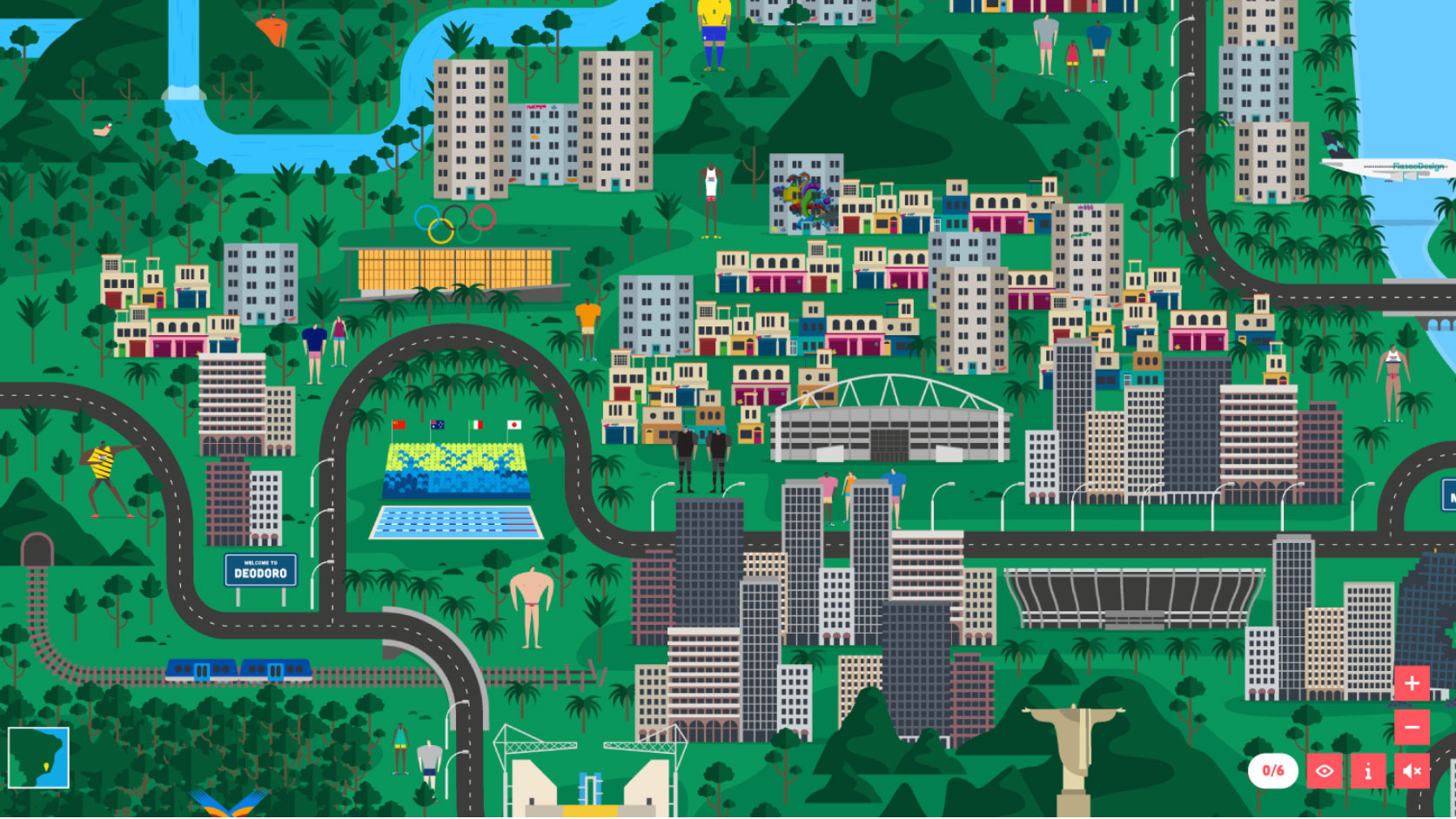
Back in 2014, Ben Steers of Fiasco Design and his team were watching the news stories coming out of the Sochi Winter Olympics with interest, and they wanted to take these stories and turn them into some sort of "information discovery".
"We started researching Sochi, and illustrating the different characters. We gave ourselves a month," he said. The illustrated, interactive map ended up being picked up by The Guardian, and the Fiasco Design team was buoyed up to create a bigger and better map for the 2016 Summer Olympics in Rio.
"Since then, we’ve had a lot of enquiries about illustrated maps," said Steers. "But a lot of people don't actually want to pay for them." However, one enquiry did pay off. The team received an email asking them to create an interactive map of a luxury resort in Mexico. It didn't seem real, but Steers decided to go on a research trip anyway. And this illustrated interactive map is due to go live tomorrow (keep an eye on Fiasco Design's site for details).
"Follow your passion and the paper will follow," said Steers. "We started off with a passion project and five years later we're sipping mezcal in Mexico with a new client. Get your work out there, push yourself and you might find there’s a little bit of paper at the end of the rainbow."
05. Get to the heart of the brand
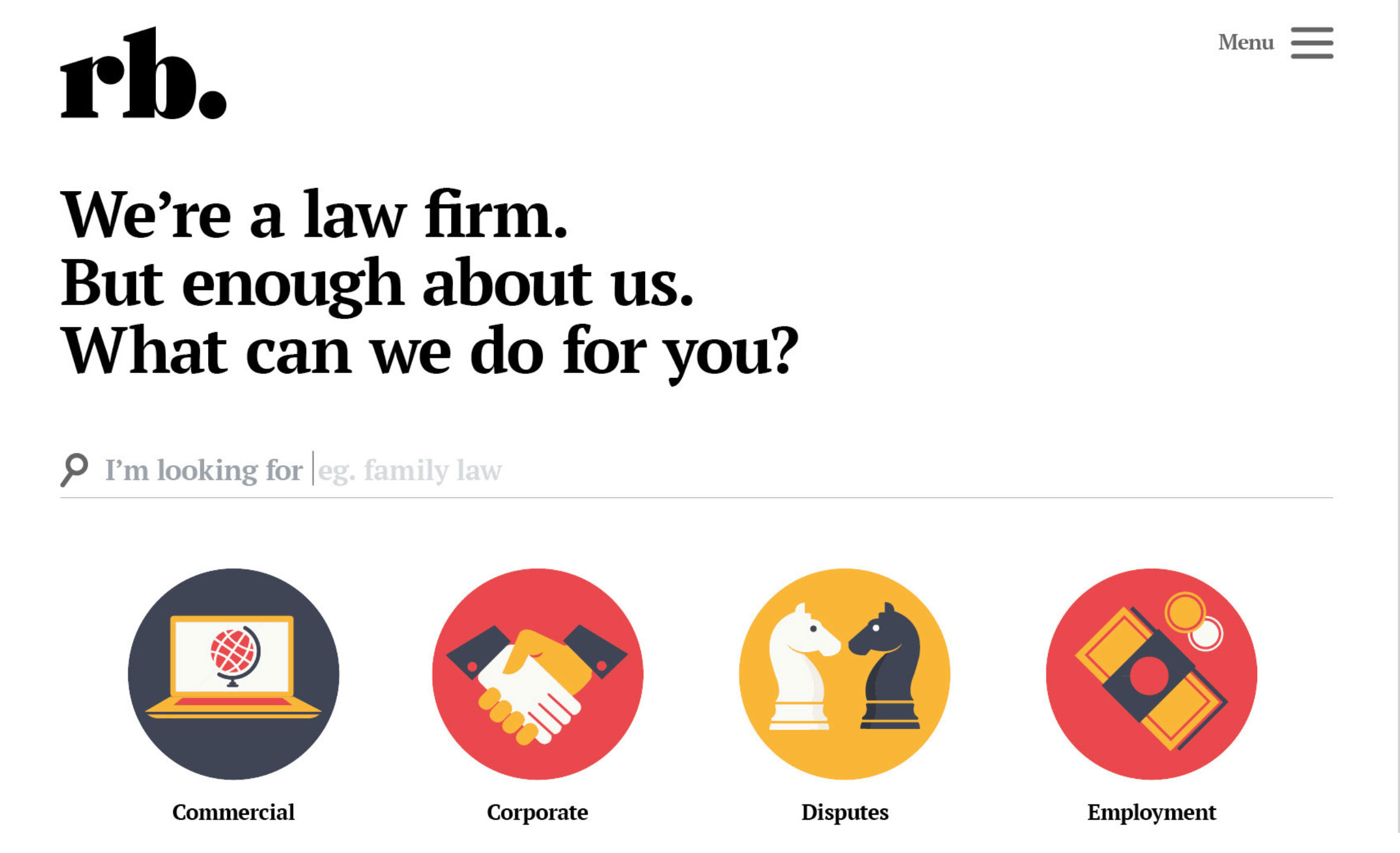
In today's world, "it's become a bit rarer, that you get something that gets to your heart a little bit more," said Ed Robin of Bath's Mytton Williams. In order to find that heart, you can use digital tools, as long as it "comes from the heart of the idea and its creativity", he added.
"If you get that heart right, then as the work goes out, it all comes from the same place." This makes it easier to apply a brand in different ways.
Robin also emphasised the power of working with the right people, especially when you are ultimately handing the brand over to them. "The brand guidelines don’t have to be a straitjacket," he said. "They can be a more flexible thing that people can take and do their own thing with, and do it better."
06. Put the craft back into digital
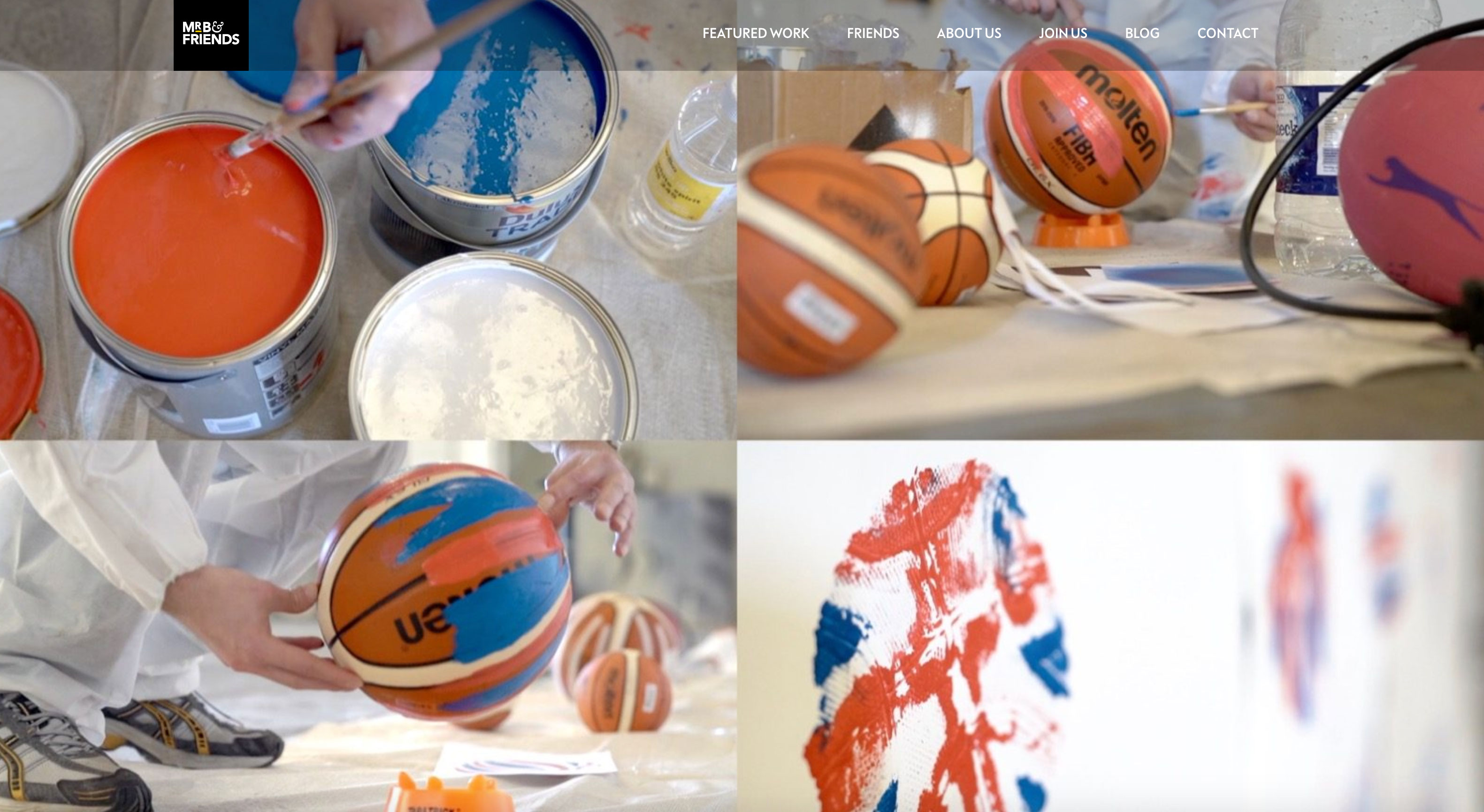
The last speaker of the afternoon addressed a question that the other speakers had all touched on in some form: how do we bring craft and creativity back into the digital world? "It's not a given," said Kate Gorringe of Bath's Mr B & Friends.
She said that with the advent of computers and graphic design software, "pretty much anyone who could get their hands as a computer could set themselves up as a designer". This means that sometimes the creative gets forgotten as people focus on the digital and reproduce the same types of sites, for example, over and over again.
How can we address this? By engaging in real experiences – using a ball to splatter paint on a wall, like the agency did for its GB Basketball identity, for example (see image above). By blending the real and virtual worlds and acknowledging that people live in both, like Pedigree did with its Selfie Stix campaign. And by thinking about what digital allows us to do that we couldn't do before.
Like Ellis, Gorringe emphasised the importance of brand purpose. "Let digital support, not fight, your brand. There's a lot you can do with digital, but if it doesn’t support your brand, don’t do it," she said.
"Don’t pigeonhole yourself," she concluded. "And don’t just be a digital designer, be a creative."
Read more:

Thank you for reading 5 articles this month* Join now for unlimited access
Enjoy your first month for just £1 / $1 / €1
*Read 5 free articles per month without a subscription

Join now for unlimited access
Try first month for just £1 / $1 / €1
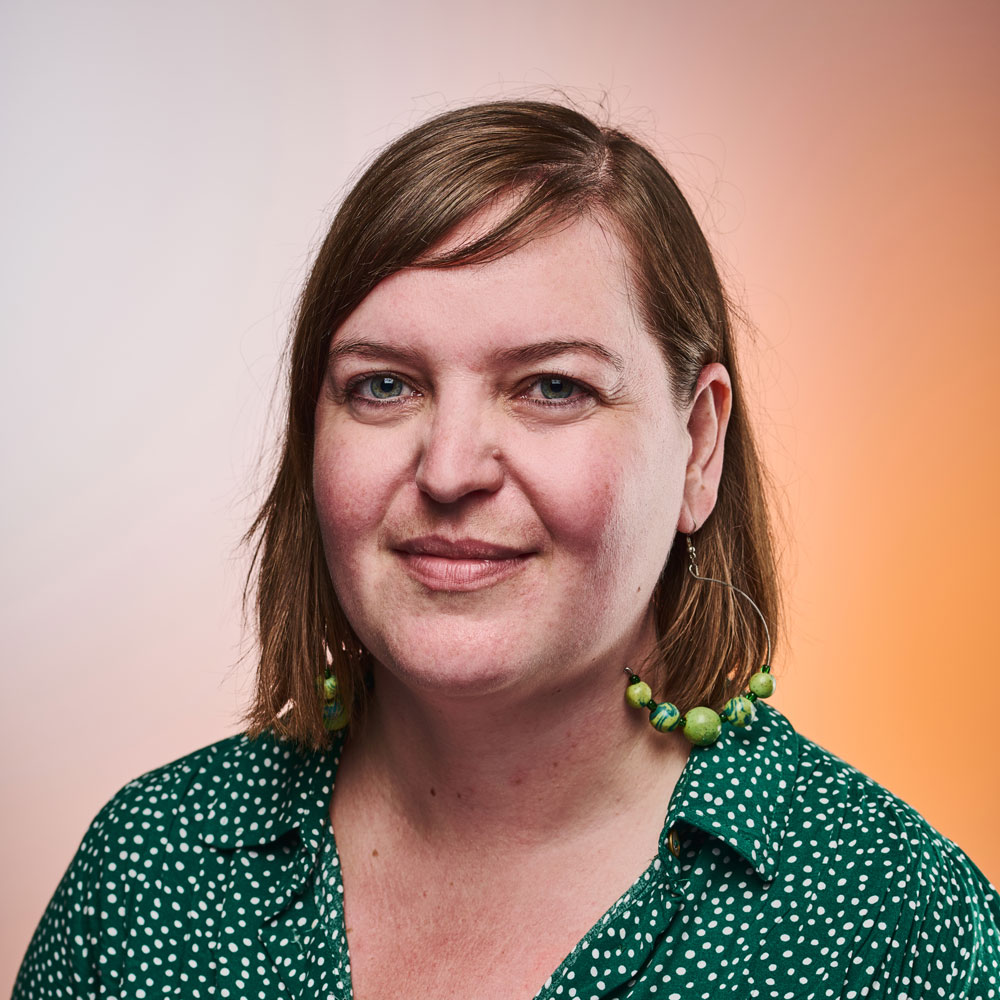
Rosie Hilder is Creative Bloq's Deputy Editor. After beginning her career in journalism in Argentina – where she worked as Deputy Editor of Time Out Buenos Aires – she moved back to the UK and joined Future Plc in 2016. Since then, she's worked as Operations Editor on magazines including Computer Arts, 3D World and Paint & Draw and Mac|Life. In 2018, she joined Creative Bloq, where she now assists with the daily management of the site, including growing the site's reach, getting involved in events, such as judging the Brand Impact Awards, and helping make sure our content serves the reader as best it can.
